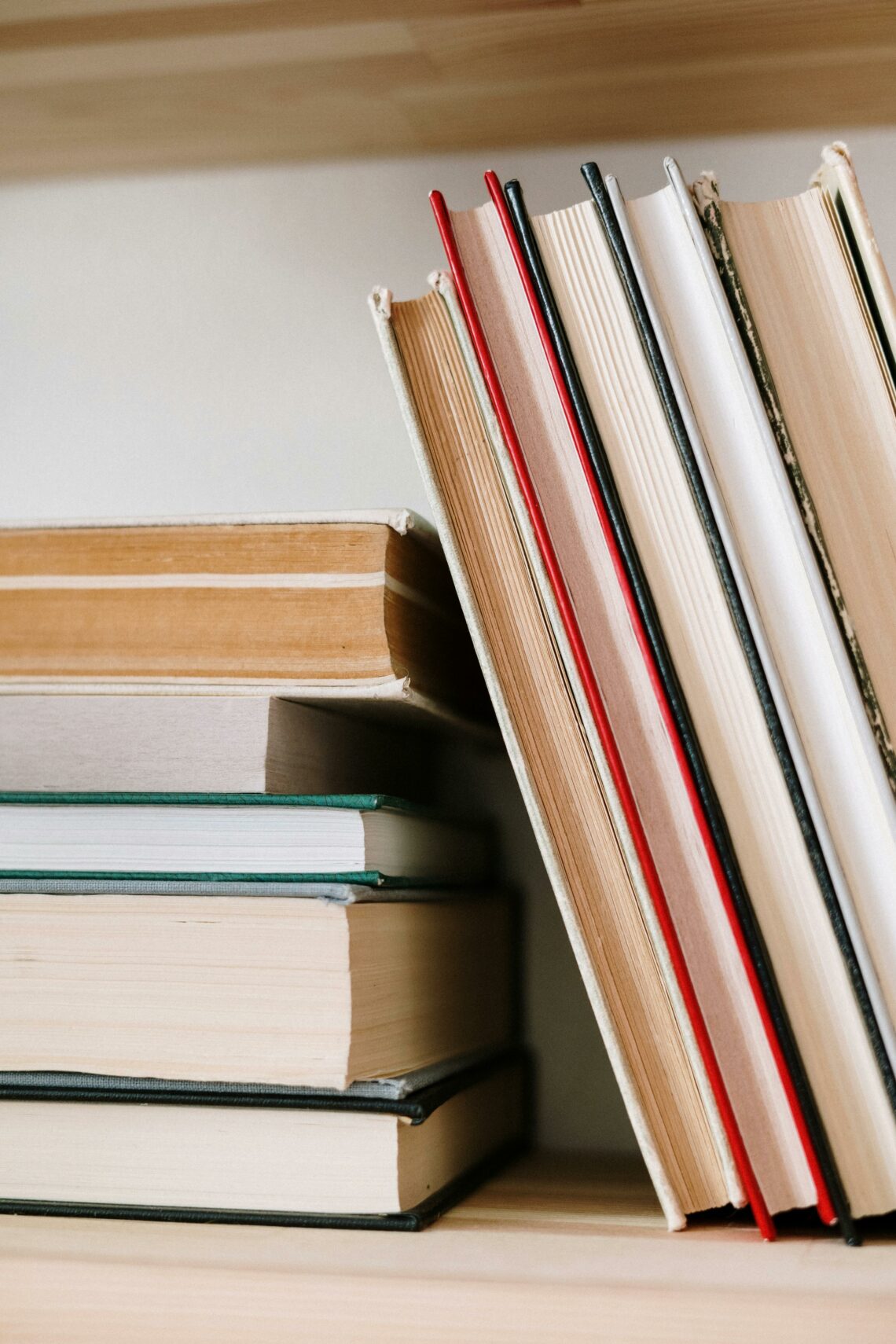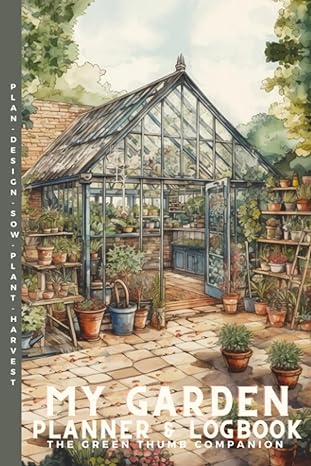This post contains affiliate links. I will earn a small commission from qualified purchases at no extra cost to you! See my affiliate policy.
Growing your own food in today’s society holds profound importance, offering a multitude of benefits that extend far beyond mere sustenance. In an era marked by environmental concerns, health consciousness, and economic fluctuations, cultivating your own produce emerges as a practical and rewarding endeavor. Here are some key reasons why growing food and herbs in your backyard is significant in contemporary society:
- Food Security: With uncertainties surrounding global food supply chains due to factors such as climate change, political instability, and pandemics, cultivating your own food provides a sense of security. By reducing reliance on external sources, individuals and communities can safeguard themselves against potential disruptions in food distribution.
- Nutritional Quality: Homegrown produce often boasts superior nutritional quality compared to commercially grown counterparts. The ability to control soil quality, avoid harmful pesticides, and harvest at peak ripeness ensures that fruits, vegetables, and herbs are rich in essential vitamins, minerals, and antioxidants, promoting optimal health and well-being.
- Environmental Sustainability: Industrial agriculture contributes significantly to environmental degradation through deforestation, water pollution, and greenhouse gas emissions. By adopting sustainable gardening practices such as composting, rainwater harvesting, and organic cultivation techniques, home gardeners can minimize their ecological footprint and contribute to preserving biodiversity and mitigating climate change.
- Cost Savings: While the initial investment in gardening equipment and seeds may seem daunting, growing your own food can lead to substantial long-term savings. By eliminating the markup associated with retail prices and reducing grocery bills, individuals can enjoy fresh, organic produce at a fraction of the cost.
- Connection to Nature: Engaging in gardening fosters a deeper connection to the natural world, allowing individuals to reconnect with the rhythms of the seasons and gain a profound appreciation for the interconnectedness of all living beings. Tending to plants offers therapeutic benefits, reducing stress levels, and promoting mindfulness.
- Community Building: Gardening has the power to bring people together, fostering a sense of community spirit and camaraderie. Community gardens, in particular, serve as hubs for social interaction, knowledge sharing, and collective empowerment, transcending cultural and socioeconomic barriers.
- Self-Sufficiency: Growing your own food cultivates a sense of self-sufficiency and resilience, empowering individuals to take control of their food production and consumption. This autonomy extends beyond the realm of food security, influencing lifestyle choices and fostering a mindset of resourcefulness and independence.
- Cultural Preservation: Many heirloom varieties of fruits, vegetables, and herbs are at risk of extinction due to the homogenization of agricultural practices. By growing heritage plants, individuals contribute to the preservation of cultural diversity and culinary traditions, ensuring that future generations can continue to enjoy the rich tapestry of flavors and textures that define regional cuisines.
No One is an Expert
Now, I understand that there are people out there with wishes to grow their very own produce but don’t have the knowledge to start. No one knows everything – that is a fact. All of my friends come to me because they think I am the garden expert but that is simply inaccurate. I have loads of experience, yes. But I still run into road blocks or turn to my library of books multiple times throughout the growing season. In this post, I will share with you all of the books that I recommend to keep on hand for your own gardening journey! I prefer books and note pads because if our world ever goes to crap and we have no access to the internet – we have the resources to turn to!
Where to Start?
Starting with quality seeds is always step one. Seeds Now has hundreds of quality seed varieties to choose from. You can check the seeds out here. They also have resource packages – perfect for the avid learners – that you can view here.
Gardening Connects us to Nature
Living simply and sustainably is like finding the ultimate balance in life, you know? It’s about stripping away the excess and focusing on what truly matters – our connection to each other and to the world around us. When we simplify, we create space for joy and creativity. And when we live sustainably, we become stewards of the earth. It’s a beautiful dance between simplicity and sustainability, where every mindful choice we make ripples outwards, creating a brighter, more harmonious world. So let’s embrace the beauty of simplicity and sustainability, and let our lives become a shining example of love and stewardship for all.
The Best Books About Vegetable Gardening:
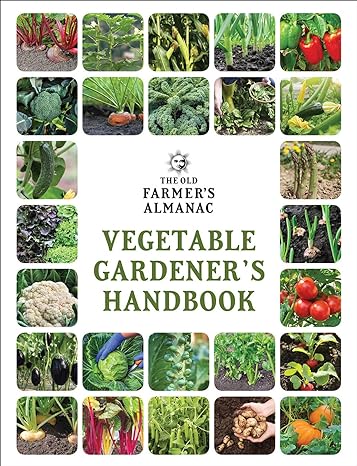
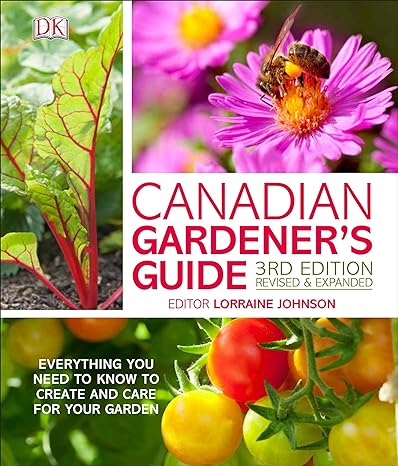
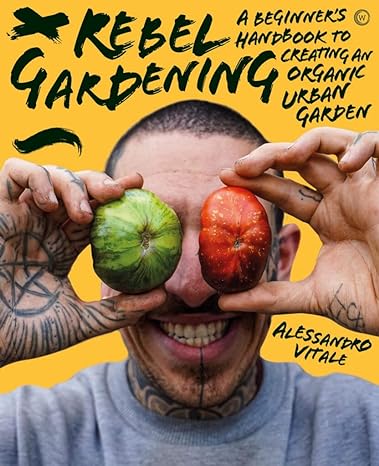
The Best Books About Herbal Gardens:
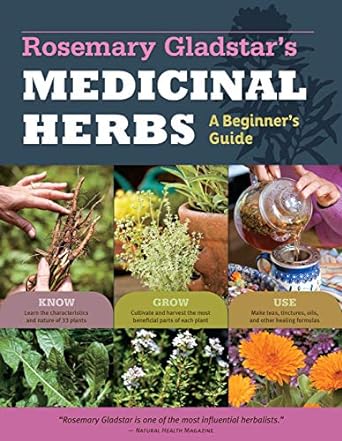
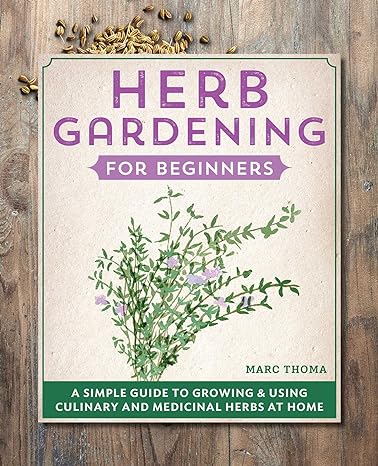

Learning to garden is all about trial and error, learning what works and what doesn’t, and learning along the way. A helpful tip I have is to log everything. I started out with a notebook and each seed variety I planted had its own page. I would write down planting dates, how many germinated, how many plants died, any pests I saw, what fertilizer I did, how much they were watered, big rain events, hot days, and harvest dates & quality. This may be a bit overboard, and is completely optional but I found it extremely helpful when I was trouble shooting or trying to improve from the year prior. Today I use a proper gardening planner from Amazon:
Some day I would like to make my own garden planner but for now – I’ll use what works for me!
Learn From a Homesteader
The internet is full of people that want to share their experiences with others. One that stands out is Teri at Homestead Honey. She offers e-books and online coaching packages about all things homestead, including a winter gardening guide. Clink the links below to check them out!
Guide to Fall Gardening from Homestead Honey: Get it here!
Remember, no one decides to try something new and becomes an expert overnight. These books aren’t only for beginners – you’re never too experienced to learn more. I reference many of my gardening books throughout the year and I’ve been gardening pretty well my whole life. I can’t wait to pass my love for growing food and all of my books down to my children or grandchildren some day! Maybe you wish to do the same.
Happy Planting!!
